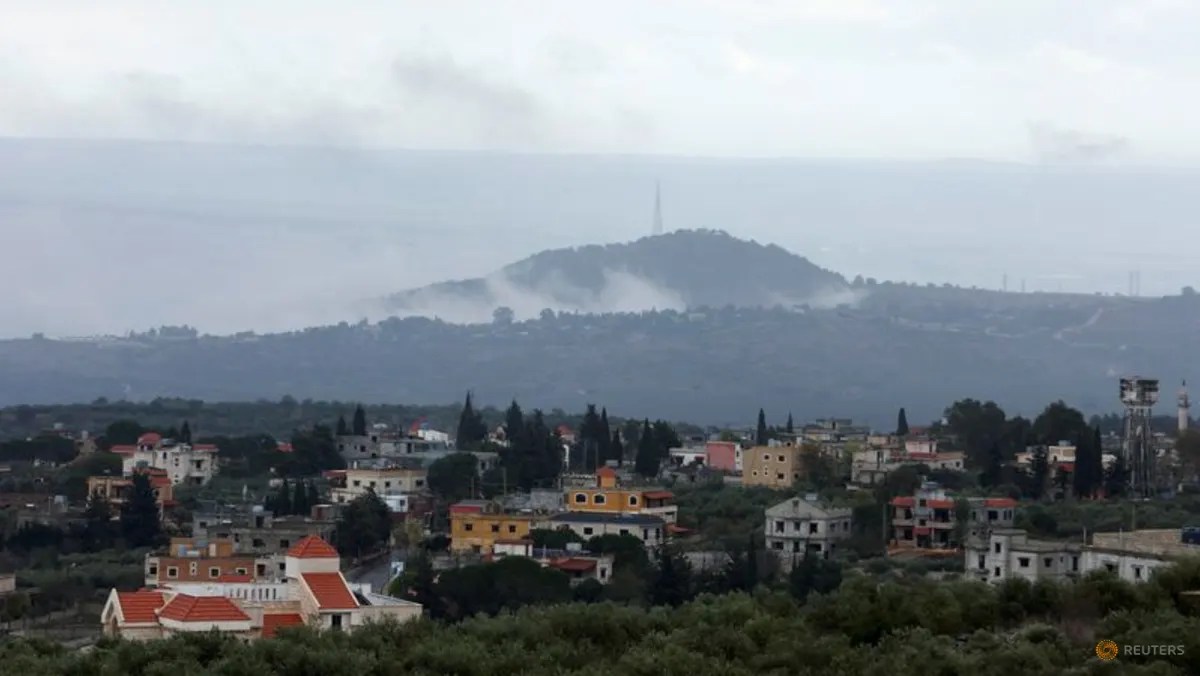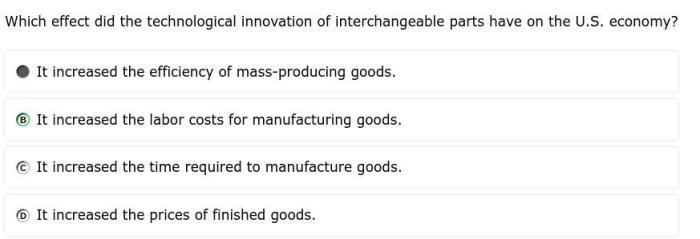As “Do You Envision a Similar Truce Taking Place Today?” takes center stage, this opening passage beckons readers into a world crafted with authoritative knowledge, ensuring a reading experience that is both absorbing and distinctly original. A comprehensive exploration of historical precedents, current political landscapes, and social and cultural considerations awaits, offering a nuanced understanding of the complexities surrounding the possibility of a truce in today’s world.
This meticulously researched analysis delves into the economic implications of a truce, examining its potential impact on trade, investment, and economic development. It further explores the role of international law and diplomacy in facilitating and enforcing a truce, highlighting the mechanisms for monitoring and verifying compliance.
Drawing upon lessons from past truces, the discussion emphasizes the importance of clear communication, transparency, and accountability in the implementation of a truce.
Historical Precedents

Throughout history, truces have been employed as temporary agreements to cease hostilities between warring parties. These truces have varied in their effectiveness, with some leading to lasting peace while others have failed to achieve their objectives. By examining historical precedents, we can identify factors that have contributed to the success or failure of truces and apply these lessons to the current situation.
Factors Contributing to Success
- Clear and well-defined terms
- Strong commitment from all parties involved
- Effective monitoring and verification mechanisms
- International pressure and mediation
Factors Contributing to Failure
- Lack of trust between parties
- Unresolved underlying grievances
- External interference or support for continued conflict
- Failure to address root causes of conflict
Current Political Landscape

The current political landscape presents both opportunities and challenges for a potential truce. On the one hand, there is a growing recognition of the devastating consequences of prolonged conflict. On the other hand, there are significant obstacles to overcome, including:
Obstacles to a Truce, Do you envision a similar truce taking place today
- Deep-seated mistrust and animosity between parties
- Competing territorial claims and security concerns
- External actors with vested interests in prolonging the conflict
- Lack of a clear and viable political solution
Role of International Pressure and Mediation
International pressure and mediation can play a crucial role in facilitating a truce. By exerting pressure on parties to negotiate and providing a neutral platform for dialogue, international actors can help to create an environment conducive to peace.
Economic Implications: Do You Envision A Similar Truce Taking Place Today

A truce can have significant economic implications, both positive and negative. On the one hand, it can lead to:
Positive Economic Consequences
- Increased trade and investment
- Economic development and growth
- Reduced military spending
On the other hand, it can also lead to:
Negative Economic Consequences
- Disruption of supply chains
- Loss of jobs and income
- Increased inflation
Social and Cultural Considerations

Social and cultural factors can significantly influence the acceptance and implementation of a truce. For a truce to be successful, it is essential to address the underlying grievances and mistrust that have led to conflict. This requires:
Promoting Trust and Reconciliation
- Creating opportunities for dialogue and understanding
- Promoting empathy and forgiveness
- Addressing historical injustices
Cultural Exchanges and Dialogue
Cultural exchanges and dialogue can help to break down stereotypes and build bridges between communities. By fostering mutual respect and understanding, cultural initiatives can contribute to a more peaceful and harmonious society.
Question & Answer Hub
What are some of the key factors that contributed to the success or failure of historical truces?
Factors such as clear communication, transparency, accountability, and the involvement of third-party mediators or guarantors have been identified as crucial for the success of past truces.
How can technology play a role in facilitating a truce?
Communication technologies, social media, and data analysis can be utilized to promote dialogue, understanding, and the monitoring of compliance with the terms of a truce.
What are some alternative methods of dispute resolution that could be used to complement or replace a traditional truce?
Mediation, arbitration, and other forms of negotiation offer alternative approaches to resolving conflicts, potentially reducing the need for armed conflict.